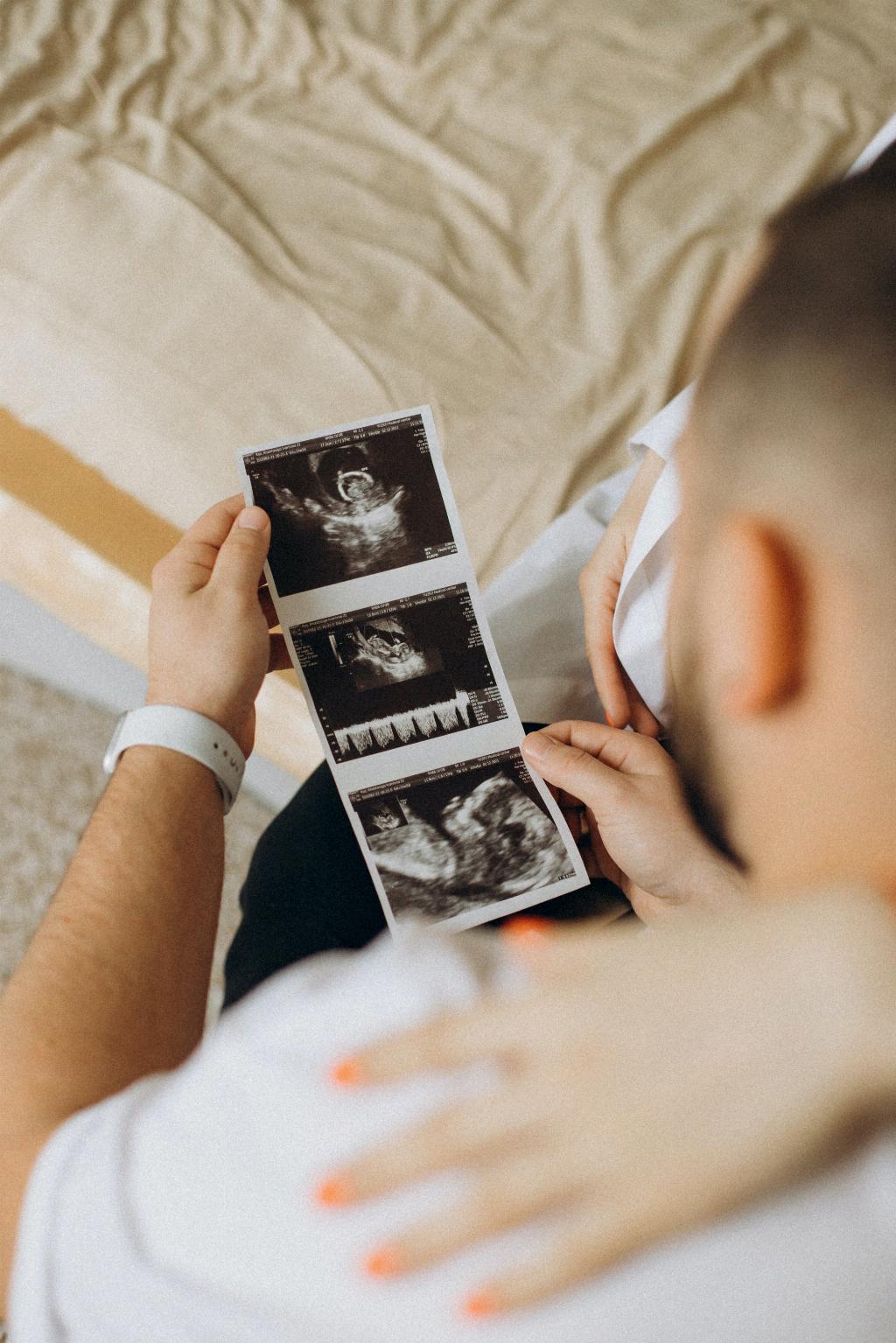Group B Streptococcus (GBS) is a type of bacteria that is commonly found in the gastrointestinal tract and genital area of adults. When a pregnant person carries GBS, there is a risk that the bacteria can be passed on to their newborn during childbirth.
Risk of Transmission to Newborns
If a mother is GBS positive, there is a possibility that the newborn may come into contact with the bacteria during delivery. This can lead to the newborn becoming colonized with GBS, which increases the risk of developing an infection.
Possible Infections in Newborns
Newborns who are exposed to GBS during birth are at risk of developing serious infections such as pneumonia, septicemia, and meningitis. These infections can be life-threatening if not promptly diagnosed and treated.
Symptoms of GBS Infection in Newborns
Infants infected with GBS may exhibit symptoms such as difficulty feeding, breathing problems, fever, irritability, and lethargy. It is crucial for parents to seek immediate medical attention if they notice any of these signs in their newborn.
Diagnostic Testing for GBS in Newborns
Doctors can perform diagnostic tests such as blood cultures and spinal taps to confirm if a newborn has been infected with GBS. Early detection of GBS infection is essential to initiate appropriate treatment and prevent complications.
Treatment for GBS Infection
Infants with GBS infection are usually treated with antibiotics to eradicate the bacteria. The choice of antibiotic and duration of treatment depend on the type and severity of the infection.
Prevention of GBS Transmission
Pregnant individuals are routinely screened for GBS colonization during the third trimester of pregnancy. If a mother tests positive for GBS, preventive measures such as intravenous antibiotics during labor are recommended to reduce the risk of transmitting the bacteria to the newborn.
Importance of Prenatal Care
Regular prenatal visits are crucial for monitoring the health of both the mother and the developing fetus. Early detection of GBS colonization in pregnant individuals allows healthcare providers to implement appropriate interventions to safeguard the health of the newborn.
Postnatal Monitoring
After delivery, healthcare providers closely monitor newborns born to GBS-positive mothers for any signs of infection. Vigilant observation and prompt intervention are key to ensuring the well-being of the infant.
Long-Term Impact of GBS Infection
Infants who survive GBS infections may experience long-term complications such as developmental delays, hearing loss, and neurological deficits. Early diagnosis and treatment of GBS infection can help mitigate the risk of lasting consequences.
Emotional Support for Parents
Coping with the diagnosis of GBS infection in a newborn can be overwhelming for parents. It is important for healthcare providers to offer emotional support and guidance to help families navigate the challenges associated with managing a child’s illness.
Conclusion
In conclusion, maternal GBS colonization poses a risk of infection in newborns, necessitating vigilant monitoring and timely intervention to safeguard the health of the infant. By prioritizing prenatal screening, preventive measures, and prompt treatment, healthcare providers can effectively manage GBS-related risks and promote positive outcomes for both mothers and newborns.

